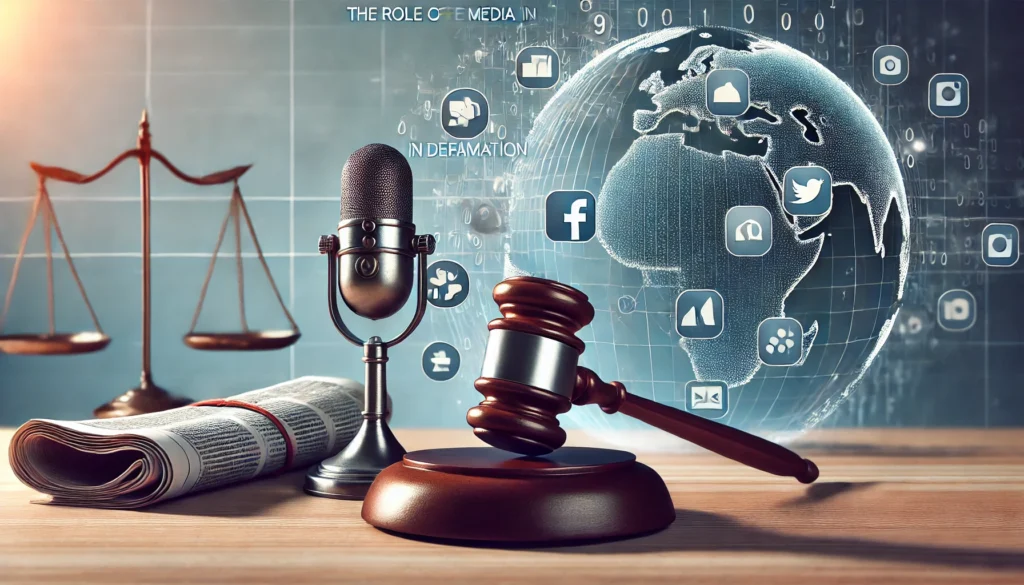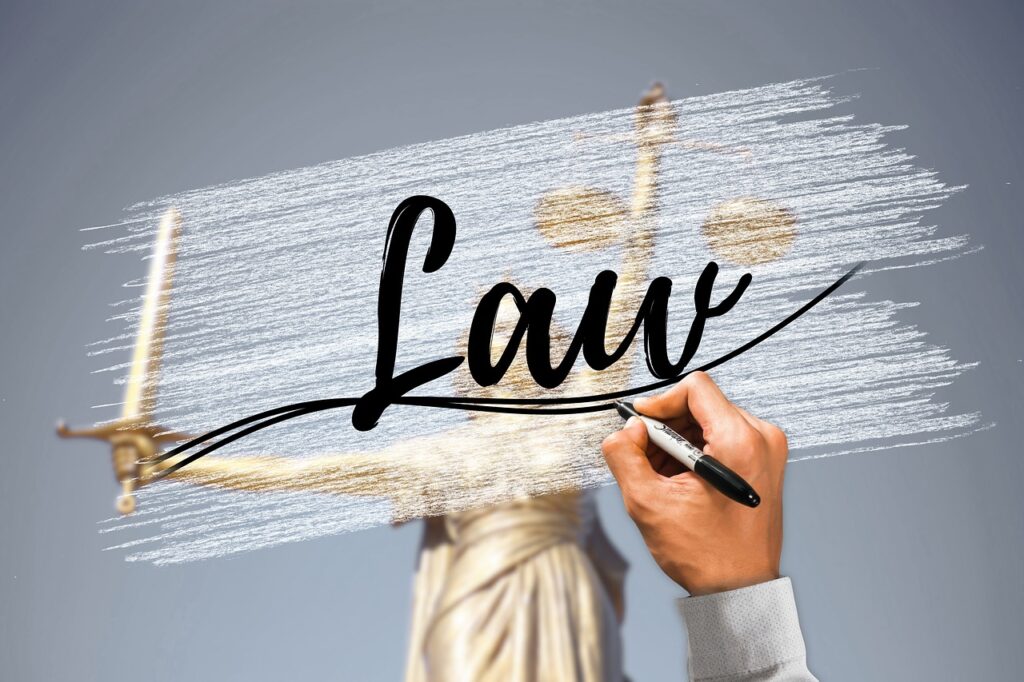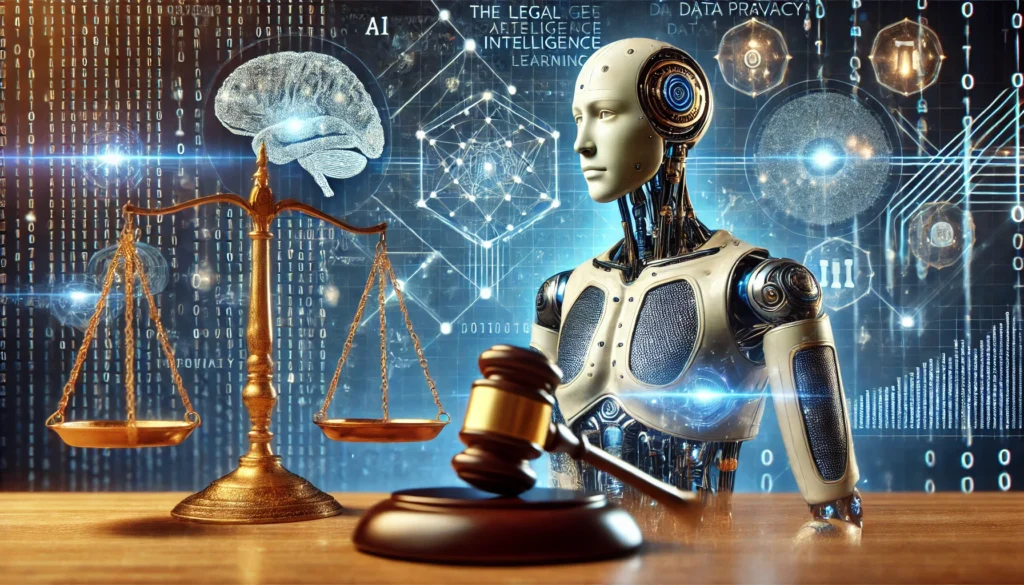Published On: November 9th 2025
Authored By: A V Cherishma
KLEF College of Law
Abstract
Armed conflicts often lead to severe violations of international humanitarian and human rights law, including war crimes, crimes against humanity, and genocide. This article examines the important role of the International Criminal Court (ICC) in dealing with serious human rights violation that occurs during armed conflicts. The ICCPR allows derogation of some rights during public emergencies, but under strict conditions and without discrimination. It explains how human rights law applies in war and defines major international crimes like war crimes, crimes against humanity, and genocide. The article showcases the ICC’s work in prosecuting those responsible for these atrocities, highlighting its function as a court of last resort.
Introduction
Armed conflict has a serious impact on millions of lives of civilians. During armed conflicts serious violations of international humanitarian and human rights law are common. In certain circumstances, some of these violations may even amount to genocide, war crimes or crimes against humanity.[1]
The international community (including sovereign states, nations, and the United Nations) has created specialized tribunals to prosecute individuals responsible for crimes under international law. Additionally, the International Criminal Court (ICC) plays a crucial role in delivering international justice. In March 2012, the ICC secured its first conviction, sentencing Thomas Lubanga, the leader of an armed group in the Democratic Republic of Congo.[2]
Human Rights In Armed Conflicts
International human rights law (IHRL) deals with the rights and entitlements that individuals and groups can assert against governments. Although IHRL was traditionally applicable only during peacetime, it has been now widely recognized as relevant in situations of armed conflict or during belligerent occupation, where international humanitarian law (IHL) serves as the lex specialis. IHRL obligations are directed at states and apply in relation to individuals within their jurisdiction or under their control. While individuals are not directly bound by IHRL, many IHRL treaties impose an obligation upon the states to ensure that individuals are held criminally accountable for serious violations of human rights, such as acts of murder, torture, or sexual violence.[3]
A number of fundamental rights guaranteed by IHRL via treaty are applicable in most situations of armed conflict. Some of them include
- The right to life,
- Prohibition of torture, or degrading treatment,
- Right to a fair trial, or prohibition of discrimination
- The prohibition of slavery and servitude
- The principle of legality and non-retroactivity of criminal laws
- The right to freedom of thought, conscience, and religion[4]
Derogation Under Emergency Conditions
The International Covenant on Civil and Political Rights (ICCPR) permits States to temporarily suspend certain rights in the event of a declared public emergency that endangers the life of the nation. However, it is subject to stringent legal requirements and safeguards.
Conditions for Derogation (ICCPR Article 4(1)):
- Must be officially proclaimed.
- Measures must be strictly required by the situation.
- Must not discriminate based on race, religion, nationality, etc.
- Must remain consistent with other international obligations, including IHL.[5]
Rights That Cannot Be Derogated (Non-derogable) (ICCPR Article 4(2)):
- Right to life
- Prohibition of torture or cruel, inhuman or degrading treatment
- Prohibition of slavery and servitude
- Non-retroactivity in criminal law (legality principle)
- Right to be recognized as a person before the law
- Freedom of thought, conscience, and religion[6]
Some of the most serious crimes under international law are committed during armed conflicts. These include:
- War crimes– grave breaches of international humanitarian law that include wilful killings, direct attacks on civilians, torture, use of prohibited weapons, the murder or ill-treatment of prisoners of war or others who have been captured, surrendered or injured and acts of sexual violence[7].
- Crimes against humanity–Crimes against humanity are offenses carried out as part of a widespread or systematic attack directed at a civilian population, either by a state or an organization, and can occur during both armed conflict and peacetime. There are 11 recognized crimes in this category, including murder, extermination, enslavement, forced deportation or forcible transfer of population, torture, rape and other severe forms of sexual violence, enforced disappearance, and the crime of apartheid.[8]
- Genocide– certain acts committed with the intent to destroy, completely or partially, a national, ethnic, racial or religious group. [9]
Role Of International Criminal Court
The International Criminal Court (ICC) was created under the Rome Statute (1998) to put an end to impunity for the most serious crimes of concern to the international community. These include genocide (Article 6), crimes against humanity (Article 7), war crimes (Article 8) and crimes of aggression.[10]These crimes directly corresponds to massive violations of fundamental human rights, such as the right to life, freedom from torture, protection of civilians, and human dignity.
The ICC operates under the principle of complementarity, which means it is not a substitute for national courts but rather a court of last resort. States retain the primary duty to investigate and prosecute international crimes. The ICC intervenes only when national systems are unwilling or unable to deliver the justice. This ensures both accountability and respect for state sovereignty.[11]
Although the ICC is not a human rights court in the strict sense, but plays a crucial role in the protection of human rights by prosecuting individuals responsible for atrocities that amount to the gravest human rights violations. The Court also safeguards the rights of the accused, guaranteeing fair trial standards and due process. Article 21 of the Rome Statute explicitly requires that the ICC’s application of law be consistent with internationally recognized human rights.
A unique contribution of the ICC is its system of victim participation and reparations. Victims are not treated as mere witnesses but can actively take part in proceedings and seek reparations for the harm suffered. This is an important step in ensuring that justice addresses the needs of victims, particularly women and children who are often the most affected during armed conflicts.
The ICC contributes globally to the fight against impunity, deterrence of future crimes, and the reinforcement of peace, security, and the rule of law. By prosecuting crimes that shock the conscience of humanity, the ICC complements human rights protection systems and strengthens the international community’s collective effort to protect civilians and uphold human dignity during armed conflicts.[12]
Now let us look into few cases which are dealt by the International Criminal Court with regard to violation of human rights during armed conflict-
In the case of The Prosecutor v. Bosco Ntaganda[13], Bosco Ntaganda, former Deputy Chief of Staff of the Patriotic Forces for the Liberation of Congo (FPLC), was accused by the ICC of 13 counts of war crimes and 5 crimes against humanity in Ituri, DRC. The charges included murder, attempted murder, rape, sexual slavery, persecution, and the forcible transfer of civilians. The ICC also addressed the conscription, enlistment, and use of children under the age of 15 as soldiers.
On July 8, 2019, the ICC Trial Chamber found Ntaganda guilty on all 18 counts. He was sentenced to 30 years in prison. The ICC ruled that these acts were a direct violation of human rights, particularly those of women, children, and the civilian population. The court ordered Ntaganda to pay USD 31.3 million in reparations to the victims.
In the case of The Prosecutor v. Jean-Pierre Bemba Gombo[14], as the former Vice-President of the DRC and commander-in-chief of the Movement for the Liberation of Congo (MLC), Jean-Pierre Bemba Gombo was accused by the ICC of being criminally responsible for the war crimes and crimes against humanity committed by his troops in the Central African Republic. The alleged violations included murder, rape, and pillaging.
The court held that the military commander is responsible for crimes committed by his subordinates if he fails to prevent or punish them. However, on appeal, the ICC’s Appeals Chamber acquitted Bemba on June 8, 2018, citing errors in the trial chamber’s assessment of his command responsibility.
In the case of The Prosecutor v. Ahmad Al Faqi Al Mahdi[15], Ahmad Al Faqi Al Mahdi, a member of the armed group Ansar Dine, was charged by the ICC with the war crime of intentionally directing attacks against historic monuments and buildings dedicated to religion in Timbuktu, Mali.
The ICC recognized the destruction of cultural and religious sites as a grave human rights violation, as it harms a community’s identity and heritage. He was sentenced to nine years in prison, which was later reduced to seven years. The ICC also ordered him to pay €2.7 million in reparations to the victims.
Conclusion
The International Criminal Court (ICC) plays a vital role in addressing severe human rights violations during armed conflicts. By prosecuting individuals for war crimes, crimes against humanity, and genocide, the ICC ensures accountability when national systems fail. The Court’s work not only punishes perpetrators but also provides justice for victims, ultimately reinforcing international law. By addressing atrocities committed during conflicts and offering reparations, the ICC not only delivers justice but also contributes to uphold peace, the rule of law, and the global fight against impunity. Its role remains essential in upholding human dignity and protecting civilians from the horrors of war.
References
[1] United Nations General Assembly, OHCHR: Protecting human rights during conflict situations, OHCHR: Protecting human rights during conflict situations | OHCHR
[2] Amnesty International, ARMED CONFLICT, Armed Conflict – Amnesty International.
[3] Democratic Progress Institute, International Human Rights In Armed Conflicts, INTERNATIONAL HUMAN RIGHTS IN ARMED CONFLICTS.
[4] International Committee Of The Red Cross, Human Rights Law, Human rights law | ICRC.
[5] International Covenant on Civil and Political Rights art. 4, para. 1, Dec. 16, 1966, 999 U.N.T.S. 171.
[6] International Covenant on Civil and Political Rights art. 4, para. 2, Dec. 16, 1966, 999 U.N.T.S. 171.
[7] Rome Statute of the International Criminal Court, art. 8, July 17, 1998, 2187 U.N.T.S. 90 [hereinafter Rome Statute].
[8] Id., art.7.
[9] Id., art. 6.
[10] International Criminal Court, About the Court, https://www.icc-cpi.int/about/the-court.
[11] Parliamentarians for Global Actions, Complementarity, https://www.pgaction.org/ilhr/rome-statute/complementarity.html.
[12] United Nations, The Role of the International Criminal Court in Ending Impunity and Establishing the Rule of Law, https://www.un.org/en/chronicle/article/role-international-criminal-court-ending-impunity-and-establishing-rule-law.
[13] The Prosecutor v. Bosco Ntaganda, ICC-01/04-02/06, Order of Judge Chang-ho Chung, (Sept. 12, 2022).
[14] The Prosecutor v. Jean-Pierre Bemba Gombo, ICC-01/05-01/08, Order of Judge Christine Van den Wyngaert, (June. 8, 2018).
[15] The Prosecutor v. Ahmad Al Faqi Al Mahdi, ICC-01/12-01/15, Order of Judge Raul C. Pangalangan, (Sept. 27, 2018).




